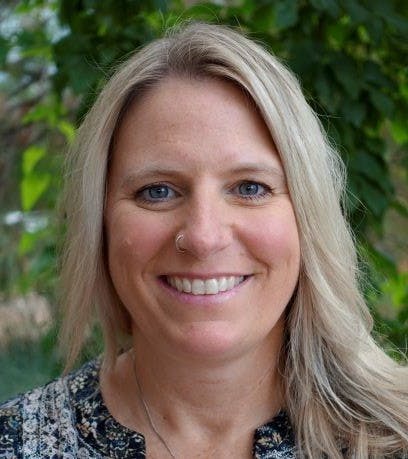Natural Areas Strategic Framework
For over 30 years, the Fort Collins and Larimer County community has prioritized natural areas conservation, which has resulted in an amazing network of conserved lands. Now the Fort Collins Natural Areas Department is looking ahead to the next 10-20 years of conservation with a visionary guidance document called the Natural Areas Strategic Framework. The Strategic Framework is an update to the Natural Areas Master Plan (2014) with an updated approach to the challenges and opportunities. Community input was essential to drafting the plan, and the Strategic Framework was developed with feedback from over 5,000 community touchpoints.
| Thank you for your efforts to provide feedback. At this time the feedback portal is closed. |
 Fossil Creek Reservoir Natural Area (Kevin Borchert)
Fossil Creek Reservoir Natural Area (Kevin Borchert)Over the past 30 years, natural areas have grown from 13 to 53 protected open spaces with 136 miles of trail. Natural areas protect a diversity of habitats, wildlife, and native plant communities. When visiting these spaces, you’ll find opportunities to experience nature through recreation and education. You and your neighbors might also treasure these community assets because they are a place for health, cultural connections, research, and economic vitality. Your community-initiated city and county sales taxes fund natural areas.
Challenges natural areas will face in the next 20 years include:
- Increasing flooding, wildfires, and stressed ecosystems due to climate change and population growth
 Soapstone Prairie Natural Area (Greg Fencl)
Soapstone Prairie Natural Area (Greg Fencl) - Increasing needs for infrastructure maintenance
- Increasing visitation and recreation use
- Diverse and sometimes conflicting community interests
Opportunities for the next 20 years of natural areas include:
- Building on land conservation accomplishments through future acquisitions and conservation easements
- Bringing together people who value natural areas
- Partnering with volunteers, non-profits, other agencies to conserve land, improve habitats, and provide visitor opportunities to build resilience
- Planning for the challenges ahead

| Thank you for your efforts to provide feedback. At this time the feedback portal is closed. |
Want to give feedback on something else? Visit the Natural Areas Feedback Portal(External link)





